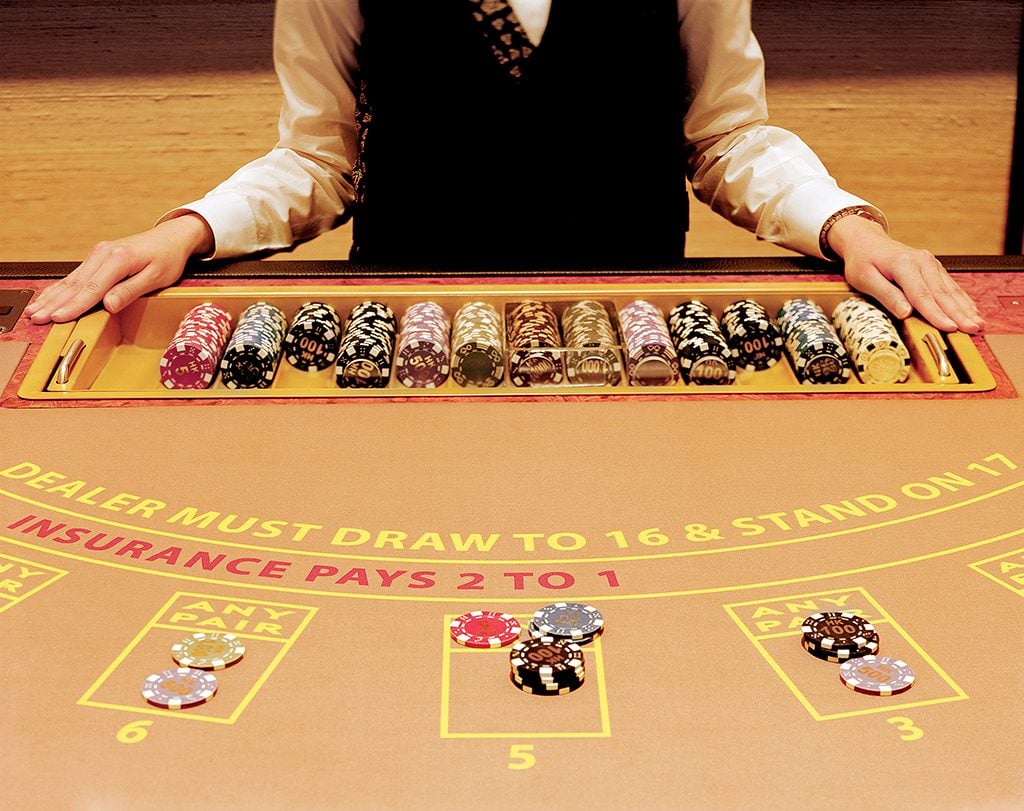The Relationship Between Gambling Games with Mathematical Concepts

Casino games have enthralled enthusiasts for ages, drawing them into a world of thrill, chance, and prosperity. From the sparkling lights of slot machines to the tactical nature of poker games, these games offer a special combination of entertainment and hazard. However, beneath the facade of this glitz and finesse lies a intricate interplay of calculations that shapes every result and choice made within the casino.
Grasping this relationship between casino games and numerical principles merely enhances the playing experience but also can help players make wise decisions. Whether you are a occasional gambler or a dedicated follower, recognizing the math concepts at play can offer important knowledge into chances, ratios, and tactics, ultimately affecting how one deals with these games of luck.
Mathematical Likelihood in Betting
In the world of gambling activities, statistical probability plays a critical role in determining results and guiding player choices. Every game has a specific set of regulations and a particular probability framework that shapes its mechanics. For example, in activities like the roulette wheel, players must understand the chances of landing a particular digit or color. The probability of specific occurrences happening can be computed, and this understanding can significantly affect wagering tactics.
Gambers also need to be aware of the house edge, which is the mathematical advantage that gambling establishments hold over players in the long term. This advantage varies across various games. In blackjack, expert players can use strategies to minimize the casino edge to as low as one %, while in games like slot machines, the house advantage can be much higher. 8kbet Comprehending the house edge allows players to make educated choices about which activities to participate in and how much to wager.
Moreover, probability is fundamental in the concept of risk versus reward in betting. Each wager carries a specific danger factor, and gamblers must assess the potential return against that danger. Games like the poker game require players to not only assess the odds of their own showing winning but also to assess the likelihoods of their rivals' showings. By applying mathematical concepts to their strategy, gamblers can improve their odds of success and engage more effectively in the exciting realm of gambling games.
Expected Worth in Casino Games
When talking about casino activities, one of the basic ideas rooted in math is the expected value. This statistical metric helps gamblers understand the potential results of their bets over time. In basic terms, expected value (EV) calculates the average amount a gambler can expect to gain or lose per wager if they were to play the game many times. Each game has its unique EV, influenced by the odds and the house edge, which indicates the benefit that the casino holds.
For example, think of a activity like roulette. The anticipated value can be calculated based on the specific wager placed. If a gambler bets on a individual number, the return is 35 to 1, but the actual odds of winning that wager are 1 in 37 (in Euro the roulette game). This leads in a negative anticipated worth, indicating that, on average, players will lose money over time when playing this kind of bet. Understanding this concept allows gamblers to make better informed decisions about which activities and bets may be more favorable.
Additionally, the investigation of expected worth can lead to better money management. Gamblers who understand the mathematics behind their games are often able to set realistic goals. By recognizing their potential losses and profits, they can adjust their playing strategies accordingly, which may enhance their overall gambling experience overall. As a consequence, anticipated value serves as a crucial tool for both beginner and experienced players to navigate the frequently volatile character of casino activities.
Approaches and Probabilities: The Math Behind Winning
In casino games, comprehending the chances is vital for participants attempting to maximize their chances of winning. Each game has its own unique set of odds that dictate winning outcomes, and these figures are often presented in the gaming rules or reward charts. For case, in games like blackjack, participants can boost their chances through strategies such as card counting, which relies on mathematical principles to gain an upper hand over the casino. By educating themselves with the chances, participants can make more knowledgeable determinations on when to bet and when to fold.
Additionally, the concept of expected outcome has a significant part in casino strategies. Expected value calculates the mean outcome of a wager over a period, allowing participants to assess whether a particular bet is valuable taking. For example, slot machines have a specific return percentage, which can indicate the average return a player can anticipate on their stakes. By opting for activities with greater expected values, gamblers can reduce the house advantage, enhancing their potential returns in the future.
Lastly, successful gamblers often utilize a mix of chance and math strategy to improve their gaming experience. While chance is unpredictable, managing a wagering approach based on math insights can lead to more favorable outcomes. By employing techniques such as bankroll management and game selection, gamblers can leverage mathematics to navigate the random nature of gambling activities, making the most of their time and money at the tables.
